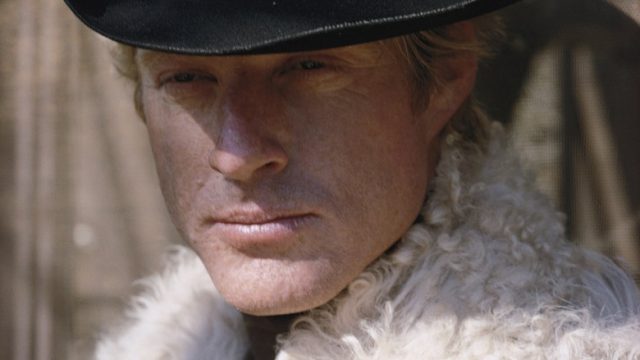Greetings and salutations, I have for you my recommended entertainment articles for September 21-27th. It’s a bit TV heavy, which I owe to the time of year.
On the 21st, Katie Gardner of The Mary Sue explained why it’s wrongheaded of Dan Fogelman to blame “straight white male” critics for the poor reviews for Life Itself:
“Despite the fact that a variety of critics are speaking out against Life Itself, Fogelman thinks it’s white men who uniformly do not like his work, that these critics who dislike the film are against emotion or the characters going through things. It couldn’t possibly be because the film itself just isn’t good. No, it’s the critics’ fault here.”
Alan Sepinwall discussed why standalone episodes still matter over at Rolling Stone on the 23rd:
“In either mold, these episodes and others compellingly lay out the case for television as television, rather than ‘a movie, only longer.’ There are things this medium can do within each 30- to 60-minute segment that a film or a book or a play can’t. They are smaller stories within larger ones, satisfying experiences in and of themselves that only become more satisfying because of their connection to what has come before and after.”
Marley Marius gave us an ode to Robert Redford on the 25th for Vogue:
“In his finest moments, Redford’s characterizations have intently chipped away at the archetypal white, male cinematic hero to reveal something angrier, sadder, and altogether less heroic. In one of his most sensitive and romantic performances, as Hubbell Gardner in The Way We Were, Redford plays a handsome, WASPy writer—a man for whom most ‘everything came too easy’—struggling to meet the lofty moral expectations of his girlfriend, Katie (Barbra Streisand). During one lovers’ spat, when she wonders aloud why the two of them can’t just be together, Hubbell shoots back, ‘Because you push too hard, every damn minute. There’s no time to ever relax and enjoy living. Everything’s too serious to be so serious.’ Yet his jab is clearly made in self-defense; the worry that even for a golden man given every possible advantage, examining himself too closely will reveal too many cracks.”
On the 24th, Sadie Graham analyzed the use of negative spaces on The X-Files for 25YL:
“The X-Files emerged from the convergence of an array of ideas, fields, and subjectivities proliferating from the newly dominant postmodern perspective of the early 1990s, which is critical to understanding how the show speaks about “the truth.” Every episode ends with more questions than it had when it began. This is not simply the natural outcome of supernatural cases, but rather the result of active intervention. At the end of the Pilot, for instance, every piece of evidence gathered by the agents is burned or vanished deep into the bowels of the Pentagon. The cases aren’t just unsolved; they are unsolvable, eternally held captive in an enforced state of limbo, both for Mulder and Scully and, frequently, for the audience. There is no single, verifiable truth. In the United States, postmodernism rose within a post-war, post-recession moment as a way of understanding a fragmented world; this coincides with a crisis of memory visible in the rise of child sexual abuse into the public sphere in the ‘70s, the Satanic Panic in the late ‘80s, the birth of trauma studies within literary and psychoanalytic theory in the ‘90s, and the emergence of real-life claimants of alien abduction, multiplying and escalating over the unfolding decades. The X-Files’ sensibility is therefore distinctly of its time. Trust no one—even, or perhaps especially, yourself.”
In honor of its 20th season, Rebecca Phelps shared an oral history of the female cast and crew members Law & Order: Special Victims Unit on the 27th for Marie Claire:
“In 1999, creator Dick Wolf’s procedural crime franchise Law & Order debuted a spin-off centered on a squad of NYPD officers who investigate sex crimes. Law & Order: Special Victims Unit, or SVU as it became known, featuring topical story lines, shone a light on violence against women—and often saw justice served. It was a runaway hit and remains one of NBC’s most watched shows, with as many as 10 million viewers tuning in weekly.
Now, as the series enters its 20th season—tying with Gunsmoke and the original Law & Order for longest-running drama series in TV history—the female cast and crew who have been key to its success share how it all came together. These are their stories. *DUN DUN*”

